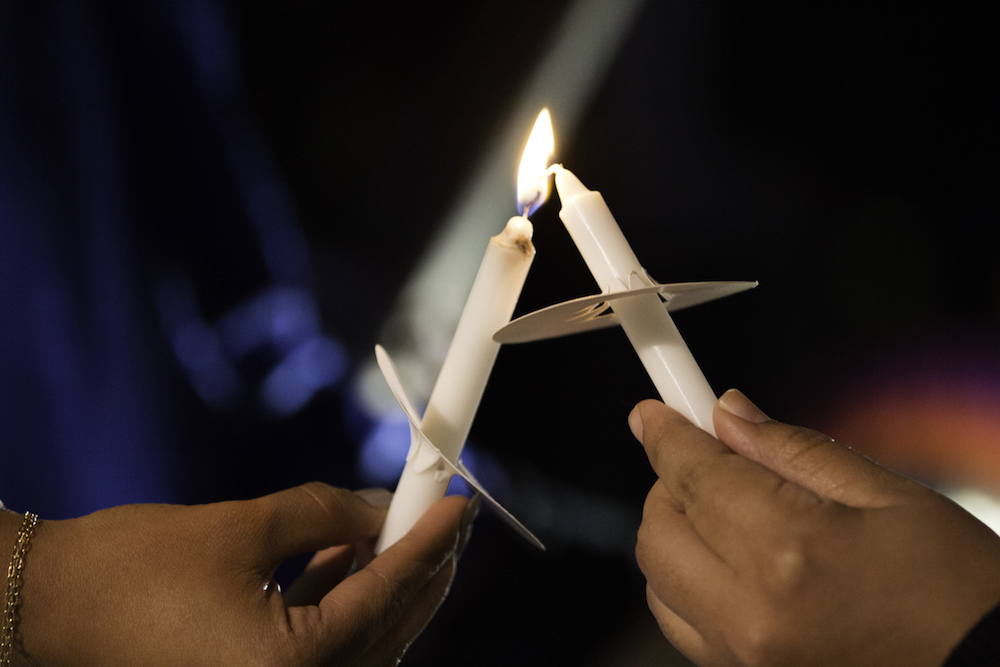For a few people in the congregation where I worship and serve, there’s still a lingering knee-jerk reaction to the word “Advent”; it conjures up unpleasant associations of church traditions left behind, for personal or theological reasons. Our congregation is, after all, decidedly low-church.
But “advent” is a perfectly good word; it’s from the Latin adventus, which means “coming.” There’s a reason that the so-called liturgical year begins here. It’s one way of submitting our worship to the structure of the story that the Bible tells, beginning with an expectant waiting for the coming of the Messiah.
In our American spiritual marketplace, we want church services that are “relevant” to our lives, with topical sermons that have practical points of application. That’s not necessarily a bad thing. But we so easily get the priorities backwards: we want God to fit our stories instead of us fitting his.
And that same narrative bias colors our expectations. Sometimes, it seems, we treat the gospel as if it were mostly a done deal. “Why expect the Messiah?” we might think. “He’s already come. He’s already done his work on the cross. We’ve already been saved.” True enough. But that one-sided rendering guts the spiritual tension that is the very nature of a biblically grounded hope. We are saved, but we must work out our salvation. We are holy, but we must become holy. The kingdom has come in Jesus, but it will not be complete until he comes again, not to be crucified, but to reign.
Until he comes again: the Greek is parousia, the equivalent of adventus. It’s the word theologians use for the Second Coming of Christ. We know this is going to happen; we say we believe it. (And no, this isn’t a screed for some version of millennialism . . .) My question is whether we actually look forward to it. Do we really want Jesus to come back? Would we be happy to hear for certain that he’s coming back tomorrow? Not “tomorrow” in the sense of some abstract future date—tomorrow. The day we’ll wake up to after we go to bed tonight. Would we rejoice in that news?
To tell you the truth, I’m not so sure. No, scratch that. I’d be willing to bet most of us would be at least ambivalent, including myself. Hey, I’ve just got way too many things to get done first. Let me look at my calendar—Lord, maybe you could come back a week from Tuesday instead?
If we celebrate Black Friday and Cyber Monday, but not Advent, what does that say about us? Have we become too comfortable in our citizenship here in this world? Does Madison Avenue have more influence in defining our lives than the Bible? Do we “look forward” to the holidays, but not to the return of Christ?
My guess is that those who look forward the most to Jesus’s return are the ones who also groan the most in this life. They see injustice and sin for what it is, even in the church. Sometimes, perhaps particularly, in the church. They see brokenness in their own lives and in the lives of those closest to them. And they have a vision of heaven, of paradise restored, where we no longer live under the curse. They want Jesus to come back, because they know what’s really wrong, and want someone to put it right, finally, once and for all.
That would certainly seem to describe Paul. But it’s not that good a description of me, at least not yet. I need more practice. And Advent seems as good a time as any. Come, Lord Jesus.
+ Taken from Dr. Lee’s blog, “Squinting Through Fog.” Read more from our series of Advent reflections here.


